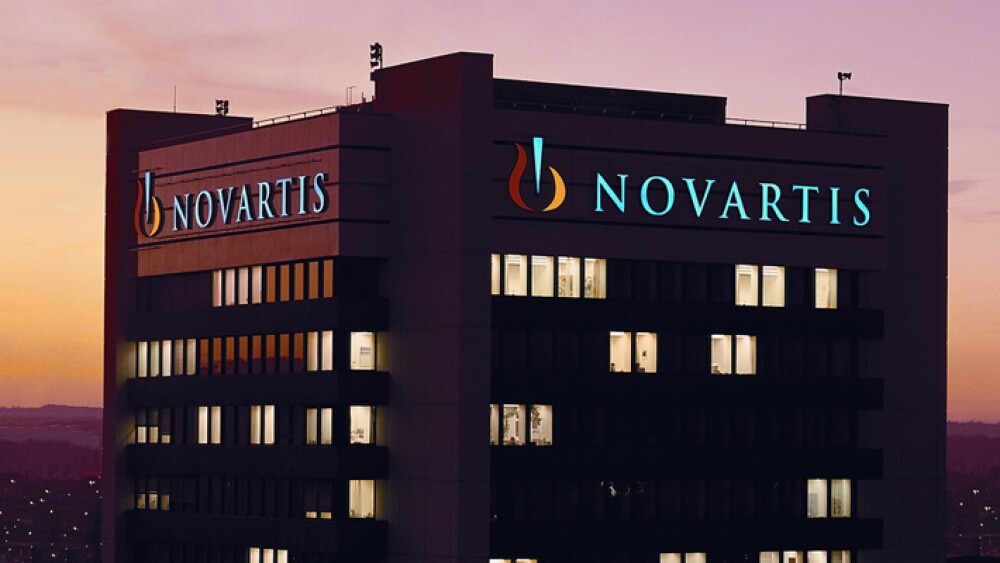February 23, 2016
By Mark Terry, BioSpace.com Breaking News Staff
Officials representing the Seoul Western District Prosecutors’ Office in South Korea raided the local offices of Switzerland-based Novartis AG , looking for evidence of bribery allegations.
According to the Yonhap News Agency, the Korean officials seized documents and account books on Monday around 9 a.m. local time. A Korean prosecution official said the raid was, “part of an investigation into finding out how the rebates were offered.” No charges have been filed. Company officials will be interviewed once the confiscated materials are analyzed.
The Korean prosecutors office is apparently trying to determine if Novartis representatives have bribed Korean doctors.
This is a problem for pharmaceutical companies worldwide. The GlaxoSmithKline bribery scandal in China is the most prominent, partially because it was wrapped up in a sex scandal and a private investigator being jailed by Chinese authorities.
Mark Reilly, formerly GSK’s China general manager, was in the spotlight when a sex tape of he and his girlfriend was sent to the company. Reilly hired Peter Humphrey, a British investigator working in China, to investigate and find out who planted the camera in his apartment. Humphrey, who operated ChinaWhys, a business investigations company operating in China, was also hired to investigate the bribery charges for GSK. Things rapidly spiraled out of control from there, with whistleblower allegations of bribery, and Humphrey and his American wife, Yu Yingzeng, being sentenced to prison in August 2014 for illegally acquiring private records of Chinese citizens and selling them to GSK and other clients.
In the end, GSK was fined almost $500 million on bribery charges. Reilly and four other company managers received four-year prison terms that were suspended. Reilly was deported. Humphrey and Yingzeng were eventually released from prison in 2015.
GSK is hardly an isolated case, although probably the most dramatic. SciClone Pharmaceuticals, Inc. , based in Foster City, Calif., recently paid $12.8 million to the U.S. Securities and Exchange Commission (SEC) for violations of the Foreign Corrupt Practices Act (FCPA). SciClone describes itself as a “specialty pharmaceutical company with a substantial commercial business in China.”
Indianapolis-based Eli Lilly & Company paid more than $29 million in 2012 to settle charges of bribery in Russia, Brazil, China and Poland. Also in 2012, Pfizer paid $15 million to settle bribing allegations in China, Czech Republic, Italy, and Russia. Bristol-Myers Squibb paid $14 million to resolve similar charges.
Johnson & Johnson recently paid $70 million to settle FCPA violations in 2011, regarding improper payments to government officials in Greece, Poland and Romania. It also revolved around kickbacks paid to the former Iraqi government under the United Nations Oil for Food Program.
These sorts of allegations and settlements are common enough to make one wonder if bribery and the resulting charges are considered line items on company budgets. In the Eli Lilly case, Antonia Chion, associate director in the SEC Enforcement Division, said in a statement, “When a parent company learns tell-tale signs of a bribery scheme involving a subsidiary, it must take immediate action to assure that the FCPA is not being violated. We strongly caution company officials from averting their eyes from what they do not wish to see.”





